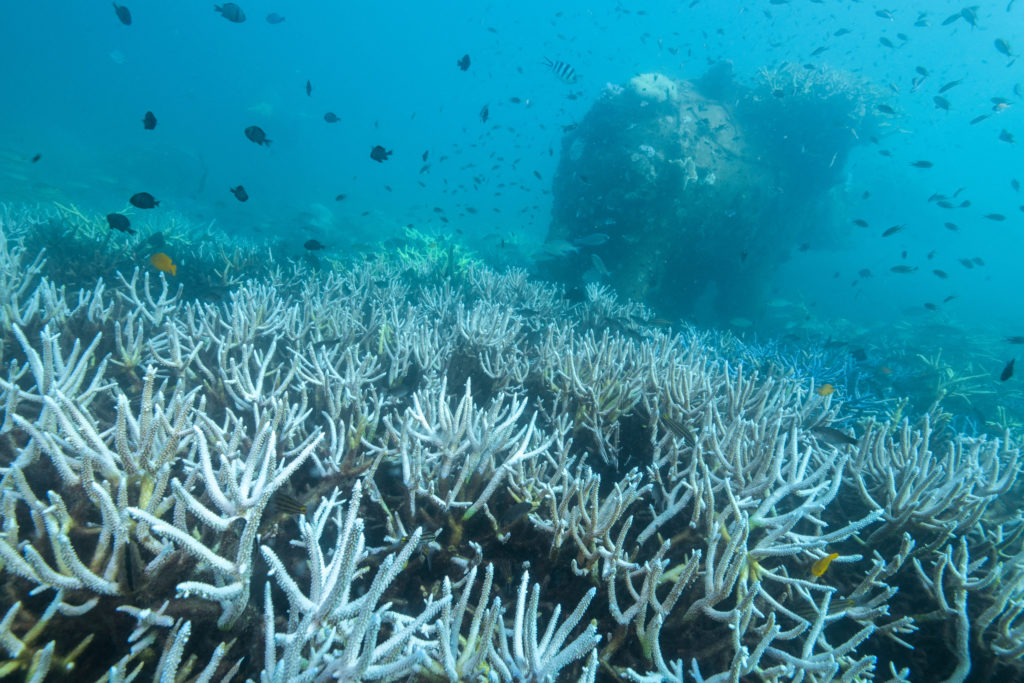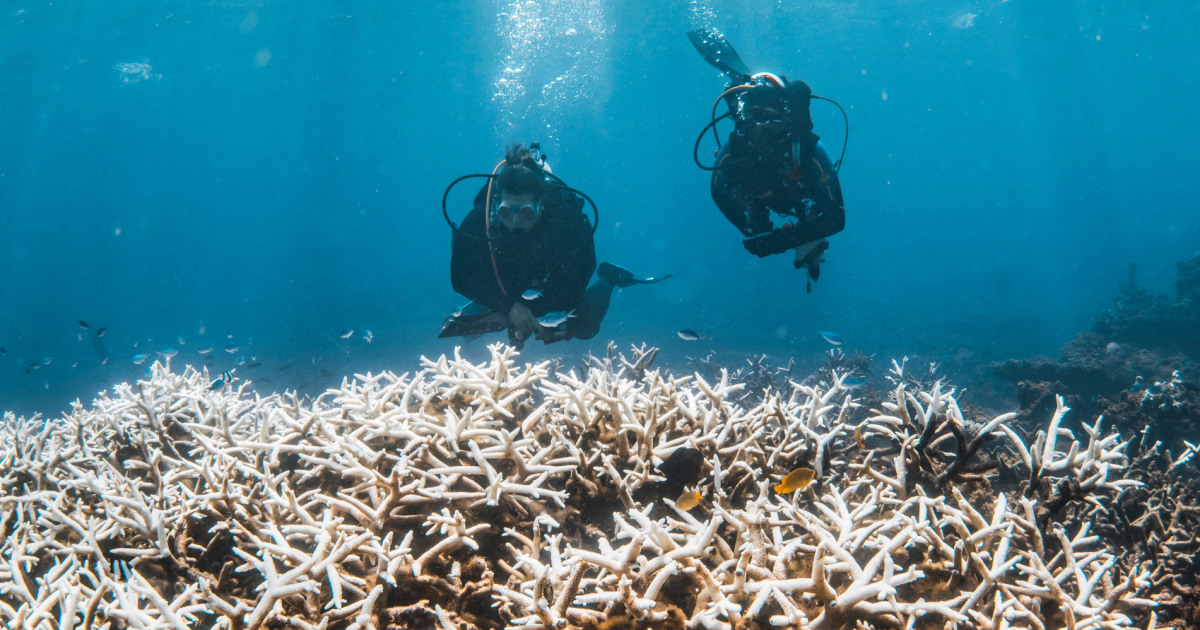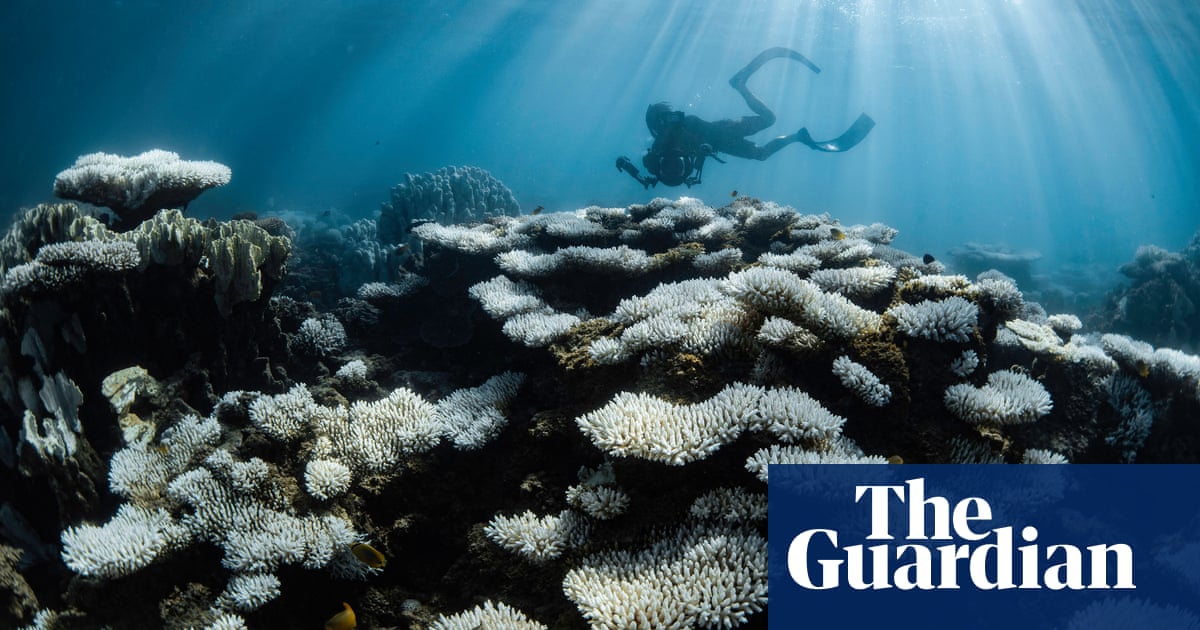Global Coral Bleaching Reaches 84% of Ocean Reefs: Urgent Action Required
A record 84% of ocean reefs are affected by coral bleaching due to rising ocean temperatures, prompting urgent calls for action to combat climate change.
Subscribe to unlock this story
We really don't like cutting you off, but you've reached your monthly limit. At just $5/month, subscriptions are how we keep this project going. Start your free 7-day trial today!
Get StartedHave an account? Sign in
Overview
The International Coral Reef Initiative reports that 84% of global coral reefs are now affected by bleaching, marking the most severe event in recorded history. Initiated in 2023, this crisis exceeds the previous 2014-2017 bleaching event that affected two-thirds of reefs. Last year was the hottest on record, raising ocean temperatures and endangering marine biodiversity, vital for seafood, tourism, and coastal protection. Experts stress the importance of reducing greenhouse gas emissions to mitigate further damage, as current restoration efforts may only serve as temporary solutions amid worsening conditions.
Report issue

Read both sides in 5 minutes each day
Analysis
- Global coral bleaching has affected 84% of ocean reefs in the largest recorded event, continuing a troubling trend of increases since the first event in 1998.
- Rising sea temperatures, exacerbated by climate change, lead to severe coral bleaching, which endangers marine biodiversity and coastal protection.
- Efforts to restore and protect coral reefs are insufficient without significant reductions in greenhouse gas emissions, emphasizing a need for action against climate change.
Articles (7)
Center (3)
FAQ
Currently, 84% of the world's coral reefs have been affected by bleaching-level heat stress, marking the largest and most severe coral bleaching event ever recorded, surpassing the 68.2% affected during the 2014-2017 event.
Mass coral bleaching has been documented in at least 83 countries and territories worldwide during this ongoing event.
The primary cause of the global coral bleaching event is rising ocean temperatures due to increased greenhouse gas emissions leading to heat stress on coral reefs.
Coral bleaching endangers marine biodiversity, which is vital for seafood supply, tourism, and coastal protection, affecting ecosystems that support about a quarter of all marine life during their life cycle.
Experts stress the importance of reducing greenhouse gas emissions to mitigate further damage to coral reefs, as current restoration efforts may only provide temporary relief amid worsening ocean conditions.
History
- 6M

 3 articles
3 articles





